Public Engagement
Public engagement is highly important for research in today’s society. Not only to legitimize research in the public eye, but to also improve and inform research. The MRC DTP actively promotes and supports engagement with the wider public, in particular with local communities in London. The DTP works closely with organisations such as the King’s Cultural Institute and the Science Gallery to provide opportunities for our students to develop such activities.
Public engagement can take many forms including podcasts, blogs, outreach activities and public displays. Our students’ work captures the imagination and intrigue of the public in a variety of ways; we are pleased to share some of their work below.
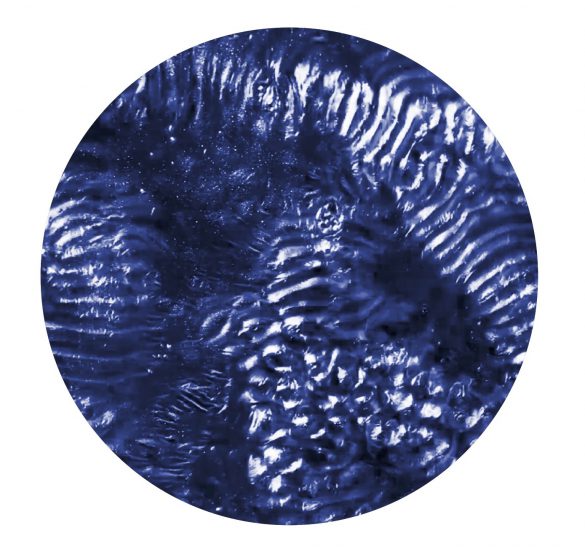
Joe Barnby
Joe is passionate about the combination of science and art to communicate complex human experiences that are often the subject of experiments. He co-founded a public engagement venture Senscapes (www.senscapes.com) which turn brainwaves from neuroscience experiments into music and art. This most recently resulted in a collaboration with the Psychedelic Research Group at Imperial. Senscapes created an immersive experience that used the brainwaves of those on psilocybin to create an installation to bring the psychedelic journey to the public without having to take any drugs. They raised over £300 for Mind, and managed to host a panel of participants from the trial and scientists on the trail to talk about their experiences. They’ve been funded by bodies such as the MRC, Wellcome Trust, Horizon 2020, and Science Gallery. Joe has also won a KCL Cultural Award for his blend of art and science in a painting on psychosis, frequently appears on radio and podcasts talking about mental health, and writes for his own blog (joebarnby.com) and The Mental Elf (https://www.nationalelfservice.net/mental-health/).
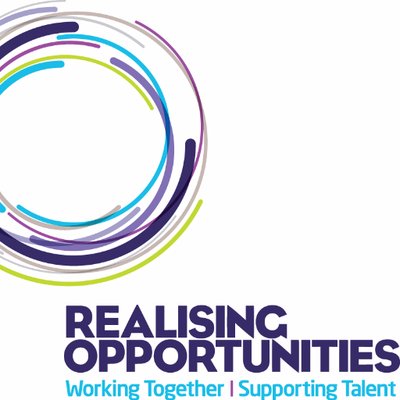
Natali Bozhilova
“I am particularly passionate about equal opportunities in education. Earlier this year I was offered the opportunity to work as a PhD tutor as part of Realising Opportunities. Realising Opportunities is an organisation which facilitates access to higher education for school students from disadvantaged backgrounds. My area of expertise was Psychology and Neuroscience. I was mainly involved in organising two tutorials, which aimed to enhance the students’ academic skills. As part of the tutorials, I facilitated the choice of a title for their assignment and provided feedback on their first draft. Consequently, my student produced a piece of original coursework, which I also marked. Successful completion of the coursework supports an application to research-based universities further.”
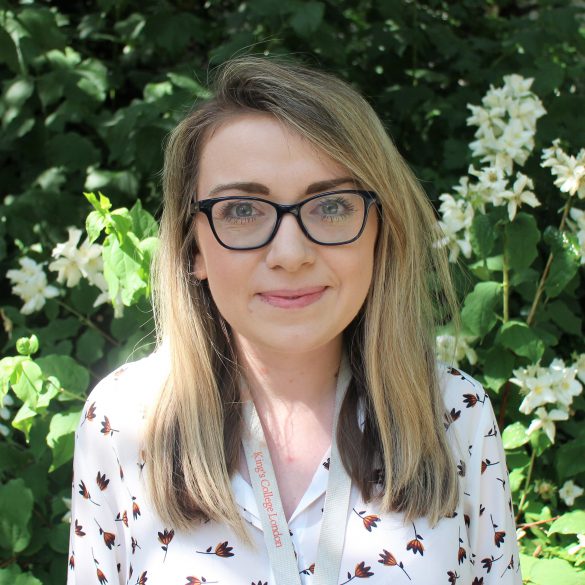
Laura Constable
Authentic Biology Symposium
“I took part in a collaboration between the Wellcome Trust and the Institute for Research in Schools (IRIS), working to encourage A-level students to take part in research projects in conjunction with local universities. Students presented their work at an Authentic Biology Symposium day at the Wellcome Trust (21st November 2017). I was part of a panel of Bioscience PhD students, talking about the research we’re currently doing as part of our PhD’s (followed by short Q&A from students) and also a Q&A session about life as a PhD student.”
International Clinical Trials Day
“I also took part in International Clinical Trials Day (22nd May 2018), hosted by the public engagement team at the BRC. Held in the atrium of Guy’s Hospital, with visual aids (e.g. posters, information leaflets, research postcards) we discussed our ongoing research in the lab with the general public.”
In2scienceUK
“In2scienceUK is an organization that aims to support young people from low-income backgrounds to pursue STEM subjects at university-level. Recently we hosted an In2ScienceUK A-level student in the lab for two weeks (20th July-3rd August 2018), where they shadowed and took part in experiments for work ongoing in the lab.”
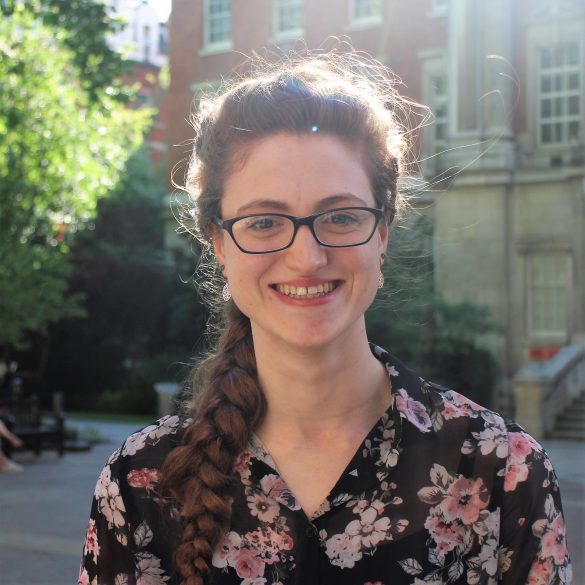
Hannah Jones
“I was involved in organising a project with The Institute for Research Into Schools (IRIS). This organisation works to get students interested in science by showing them what scientific research can be like outside of a school text book. Myself and some fellow MRC DTP students went and gave short talks about our research projects at a research symposium day for around 150 6th form students, held at the Wellcome Trust building on 21st November last year. We also then held a panel discussion where the students could ask questions about our work, or what it is like to be a PhD student. The students then presented the research projects that they had been working on as part of the programme.”
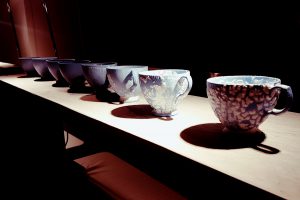
Curie Kim
“In February 2018, I took part in a project with a philosophy PhD student Benjamin Dalton from the French department exploring the relationship between art and neuroscience in the theme of plasticity. We worked with ceramicist Amanda Doidge to draw inspiration from each other from the lab and Denmark Hill and at her ceramics. The resulting artwork was displayed at an exhibition showcasing the amazing ceramics from Amanda inspired from many conversations about plasticity from a science and philosophy point of view. The evening involved a panel discussion with the scientists involved and Amanda in which thought-provoking discussions were had with the public.
“In the same month, I created a science communication podcast Lay It Out. With a team of 3 hosts we attempt to explain research papers to guests from a non-scientific background. Thus far, we have published 17 episodes receiving thousands of downloads from listeners all over the world.
In July 2018, I received funding from the Centre for Doctoral Studies for an “Upgrade Your Brain” stall at Lambeth Country Show. It was a huge success with lots of games for all ages including a build your own neuron station, a build a brain game and a cognitive task. The Lambeth Country Show attracts thousands of visitors every year and the team were non-stop busy educating the public in adult hippocampal neurogenesis and treating them to “brain boosting” snack packs of dark chocolate, almonds and dried blueberries.”
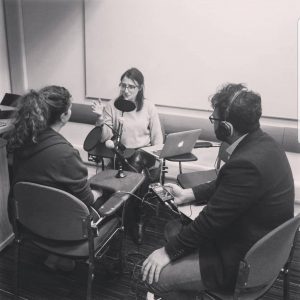
Alexandra Lautarescu
“Earlier this year a group of MRC DTP/HSDTC students attended a Podcast training session and at the end of the day, we had recorded the first episode of Postdocalypse, a podcast “by postgrad students about all things postgrad”. Our episodes so far include discussions about various healthcare research topics (artificial intelligence, neurodevelopment, nutrition, hypnosis, cancer cell therapies, delusions, and psychedelic research), as well as topics that are of relevance to postgraduate life (the portrayal of science in the media, mental health, ethics, public engagement, women in science, and entrepreneurship). On each episode, we interview a new guest about their research and include panel discussions with other PhD students. We engage with the public and our audience via our twitter @Postdocalypse18, where we take questions and suggestions for future episodes, and where our guests get a chance to “take-over” our account and talk about their work in a bit more detail. You can find us on soundcloud https://soundcloud.com/kings-hsdtc or on most podcast platforms (i.e. iTunes, Podbean etc).”
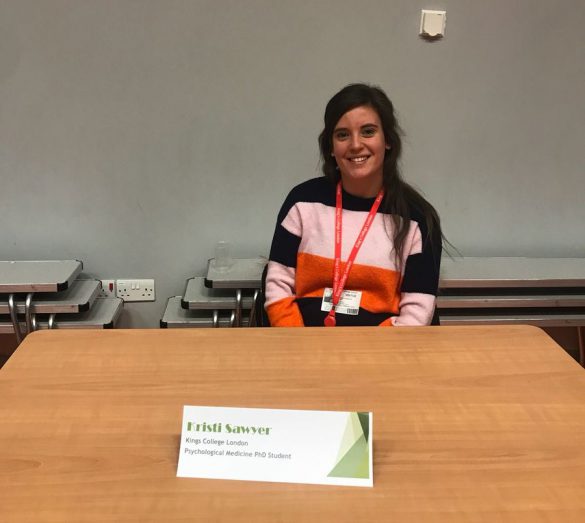
Kristi Sawyer
“I am particularly passionate about public engagement, particularly with young people, as I enjoy seeing students becoming so passionate about science. For this reason, I have undertaken a number of activities.
The first of these was ‘I’m a Scientist – Get Me Out of Here!’ in November 2017. This is an online event where school students can ask scientists questions about their research, and about science as a career path. This is either by long-answer Q&A or fast-paced online chat sessions. School students vote for their favourite scientists, and scientists are eliminated until the winner remains. I participated in the ‘Stress Zone’ which is most relevant to my research, and was pleased to be placed 3rd.
With a similar idea, I also participated in ‘Shadow a Scientist’ in August 2018, a scheme where A-level students are invited to King’s to ask students questions about science degrees. I then helped in a CV clinic, to give 1-to-1 feedback to students about the layout and content of their CVs.
In addition, I was pleased to host two GCSE-level students in my lab for two weeks each, to show them both the laboratory-based and clinical work that is conducted in our group. They also had the opportunity to practice their presentation skills in front of some members of the lab. Finally, I have participated in other, smaller events such as a careers fair in a local secondary school (as shown in the pictures below).
Through all these activities, I was able to give school students, of a variety of ages, an insight into what a career in science can be like. It was very rewarding to see how excited they were, and to observe their passion for science growing. I would really recommend public engagement activities to all scientific researchers, as it helps to re-invigorate your own passion in your work, as you see others so thrilled by it.”
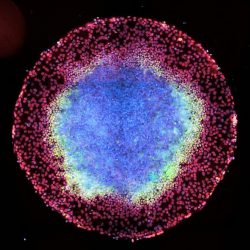
Alice Vickers
“This year I was awarded funding from the King’s Public Engagement Small Grant Scheme alongside Jessica Sells, the Public Engagement Officer in my department, the Centre for Stem Cells and Regenerative Medicine (CSCRM). Together we have organised a series of stem cell embroidery workshops called “Stich and Stem”. Images of stem cells and stem cell structures which have been generated from my PhD research and by other researchers in my department are used as embroidery templates and attendees are taught about stem cells while learning a transferrable skill. This concept is based upon the 1940s “stitch ‘n’ bitch” meetings where individuals would gather together over knitting or other needlecraft and discuss ideas and issues. We’ve collaborated with the fashion brand Wool and The Gang who deliver a tutorial of how to embroider, then whilst the attendees work on their embroidery, there is an open discussion about stem cells and stem cell research. CSCRM researchers present at the workshop can discuss their research and its direction to hear the opinion and thoughts of attendees and, where possible, include them in the planning of future projects. The attendees are also given a general introduction to stem cells and stem cell research, as well as a tour of the CSCRM to view the research laboratories and learn about the work that we carry out.
So far, these workshops have been held at Guy’s Hospital Cancer Survivor’s Day, the British Research Council Summer School and internally at the CSCRM, reaching people from a broad range of backgrounds and ages.
Above is an example of an image from my research and the embroidery template for it.”

Zsofia Szlamka
“Research, for some, is about results and publications. To me, research is just as well about a story to tell. The Travelling Psychologist presents stories and encounters behind the scenes of psychological research and PhD life, through the eyes of an early career researcher. In my scientific work, I am interested in autism spectrum disorder and neurodevelopmental disorders from a global health and international development perspective. This blogs presents learning experiences from my fieldwork, considers cultural differences, moral and ethical questions underlying research.”
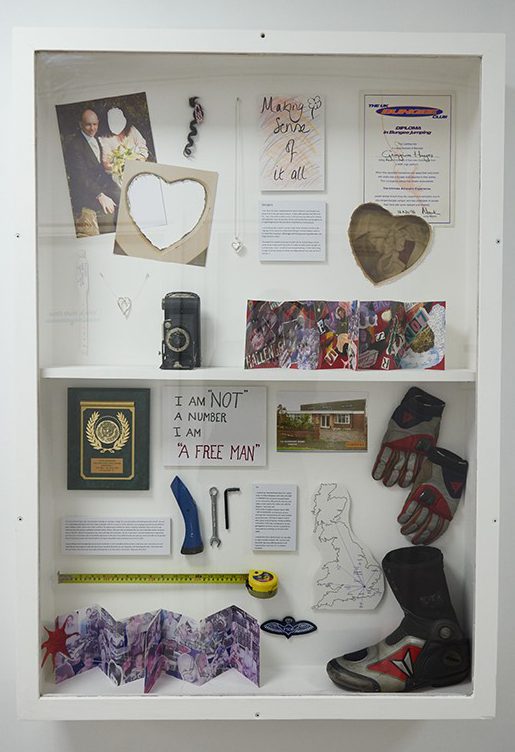
Alastair Kirby
“In 2018, I took part in an exciting collaboration involving Artists, Scientists and people affected by frontal lobe brain damage. The project, Losing One’s Sense of Self explored how frontal lobe injury affects peoples’ personal identity and social interactions. The Artists, Iris Musel and Isla Millar, teamed up with the Finnerty Lab, Dr Gerald Finnerty, Dr Sophie Bennet and me (Alastair Kirby), to run a series of workshops for participants with a frontal lobe injury. In these workshops, the participants used art to help them communicate their loss of sense of self. The art work produced by the participants and the Artists response was showcased in the Arts in Mind festival in mid 2018, and is currently being exhibited as part of a residency at the London Science Gallery.”
